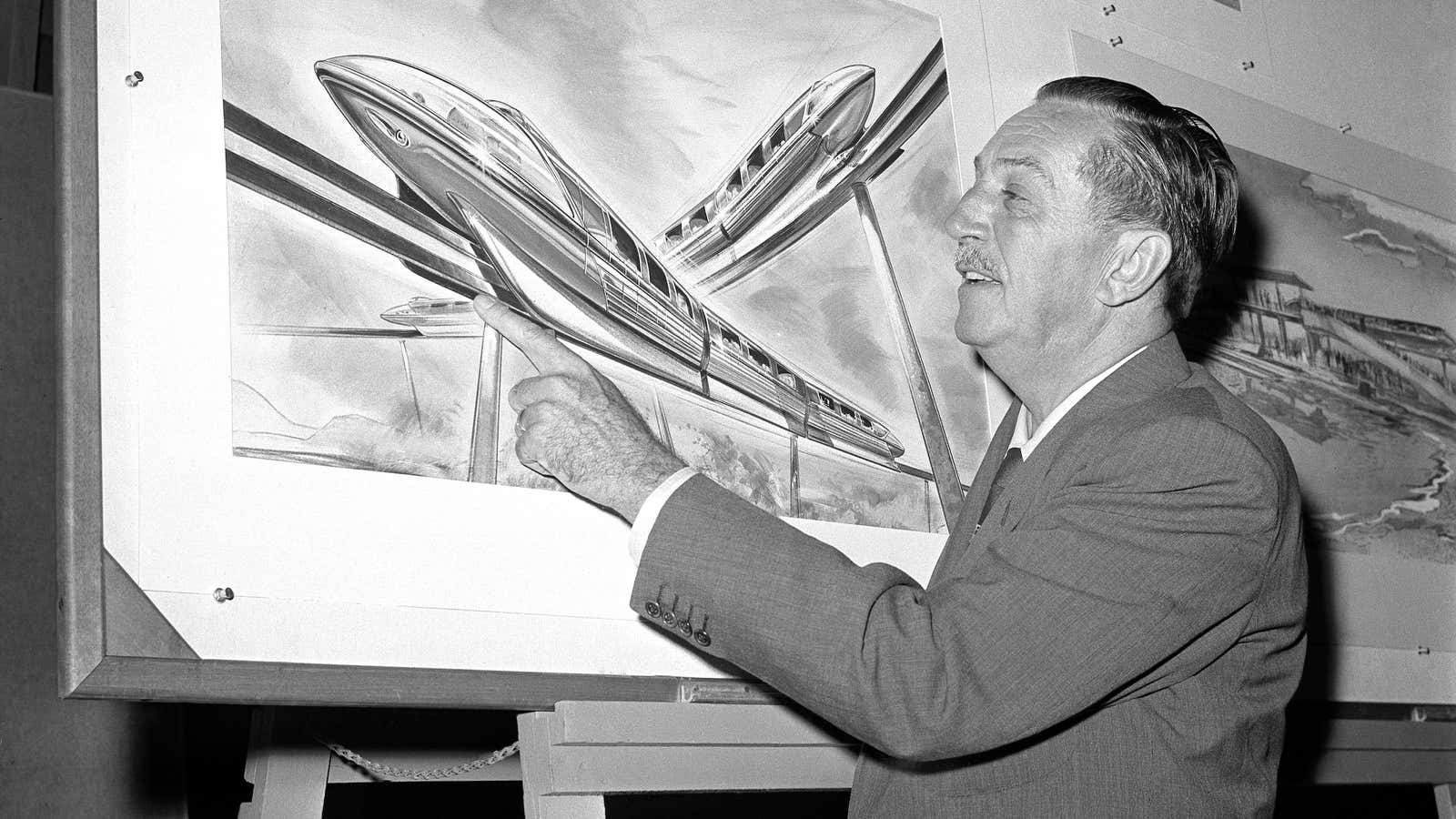The details of Elon Musk‘s latest project are almost here. On August 12, the serial entrepreneur/future man is releasing more information about the Hyperloop, a “cross between a Concorde and a railgun and an air hockey table” that will transport passengers from Los Angeles to San Francisco in 30 minutes.
It sounds nifty, but compared to his endeavors to build space craft, electric cars and solar panels, it will be very hard to pull off.
The idea is a response to the existing $86 billion high-speed rail project between LA and San Francisco that, if completed as planned by 2028, will convey passengers one way in under three hours. The project, which has been plagued with delays and rising cost estimates, has come under fire from Musk for being slower and less technologically ambitious than similar rail lines in Asia and Europe.
Musk says he will release his design as an open source plan, and hopefully attract business partners and useful engineering critiques. One engineer on twitter, John Gardi, thinks the Hyperloop might look like this; Business Insider found a similar set of plans from a 1974 Rand Corporation study. If the speculation is accurate, Musk’s design will take advantage of the reduced friction of a floating body to send “tubecraft” zipping through enclosed tubes, propelled by air.
Here’s one potential inspiration:
We’ll leave the technology to Musk, but the realities of financing and building such a system may exceed even his appetite for challenge. First, securing the land necessary to build a physical connection between the cities is difficult; it’s a problem still facing California’s high-speed rail. Musk will also need to either secure the backing of politicians who may not be eager to associate themselves with the controversial transit plan, or find billions in private funding for the infrastructure project himself.
Musk has proven to be a fairly savvy businessman, even when his passion projects are greeted with skepticism. But the scale of this endeavor, combining untried technology with political quagmire, may be beyond him. If he sinks major time into the plan without results, it may be remembered as his very own Spruce Goose.
We can only hope Musk’s August presentation will be as compelling as this one:
